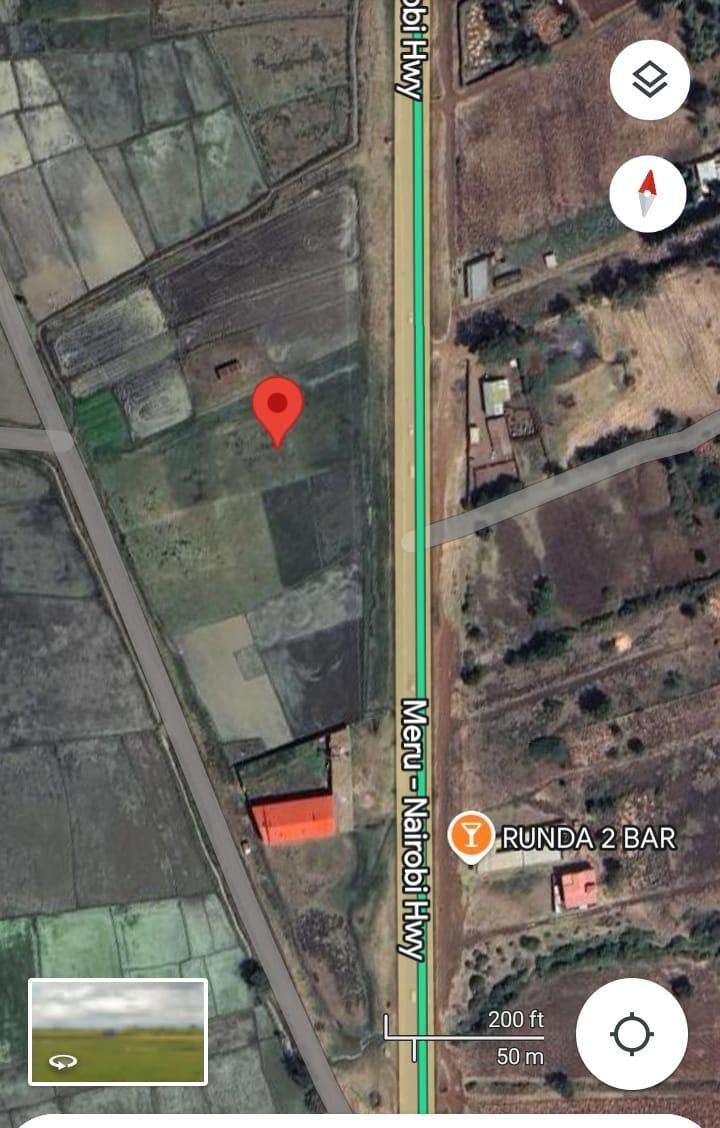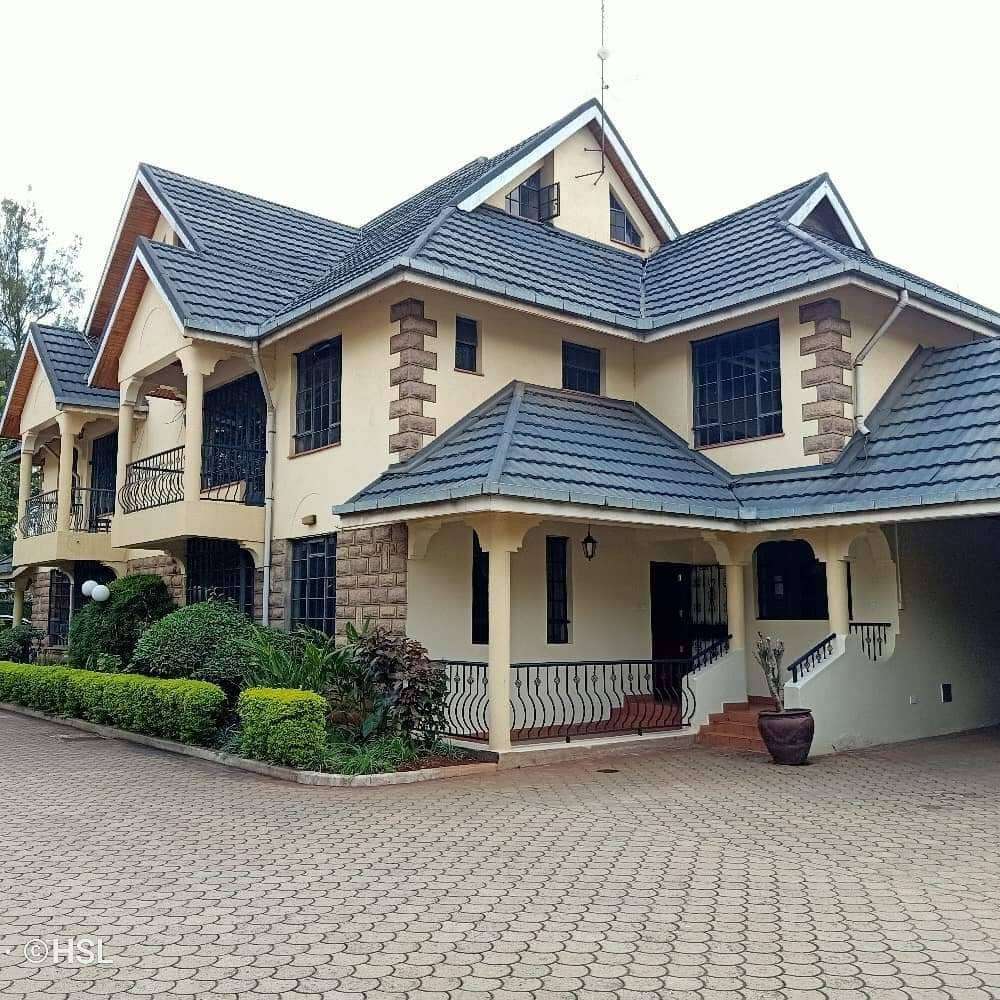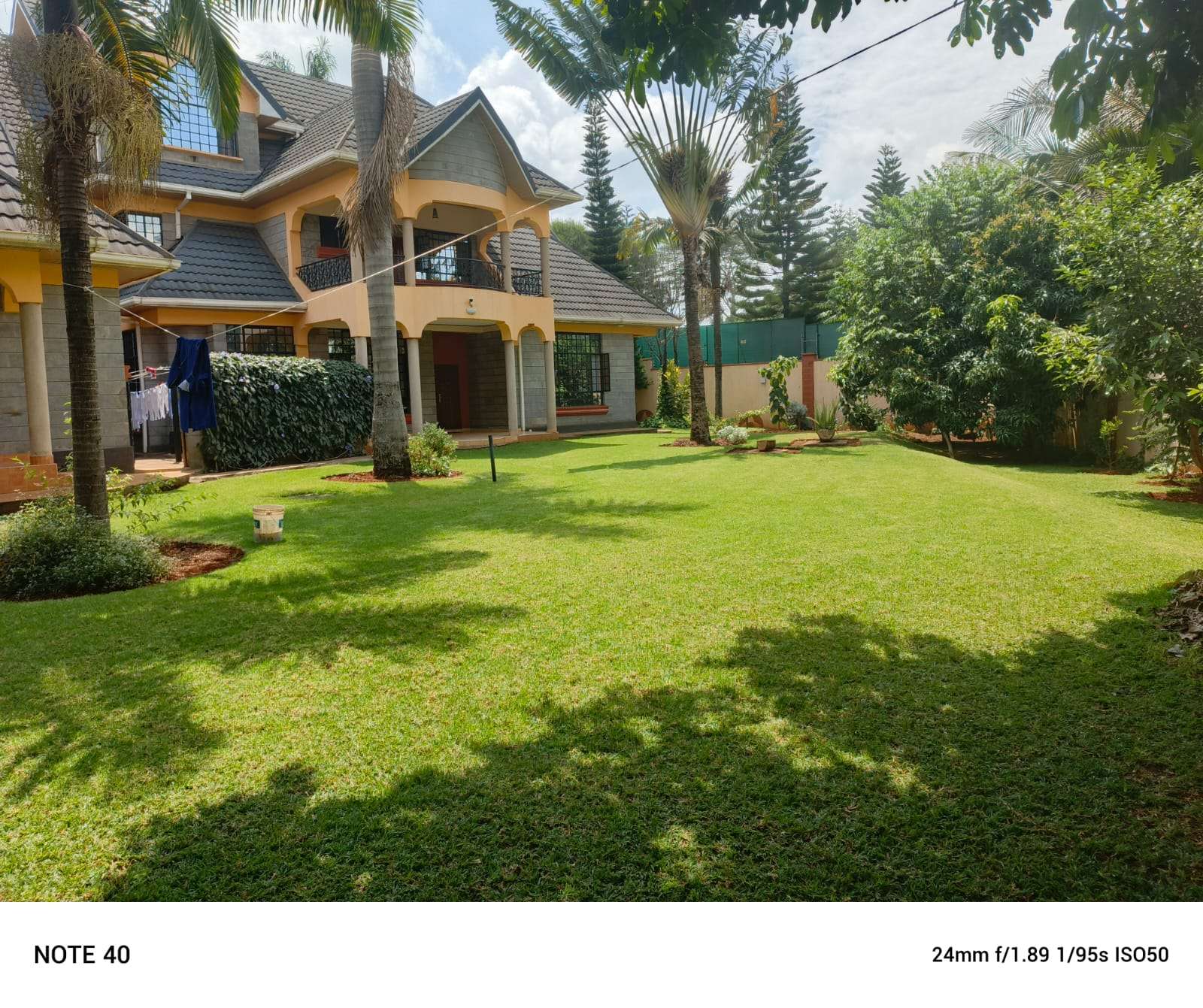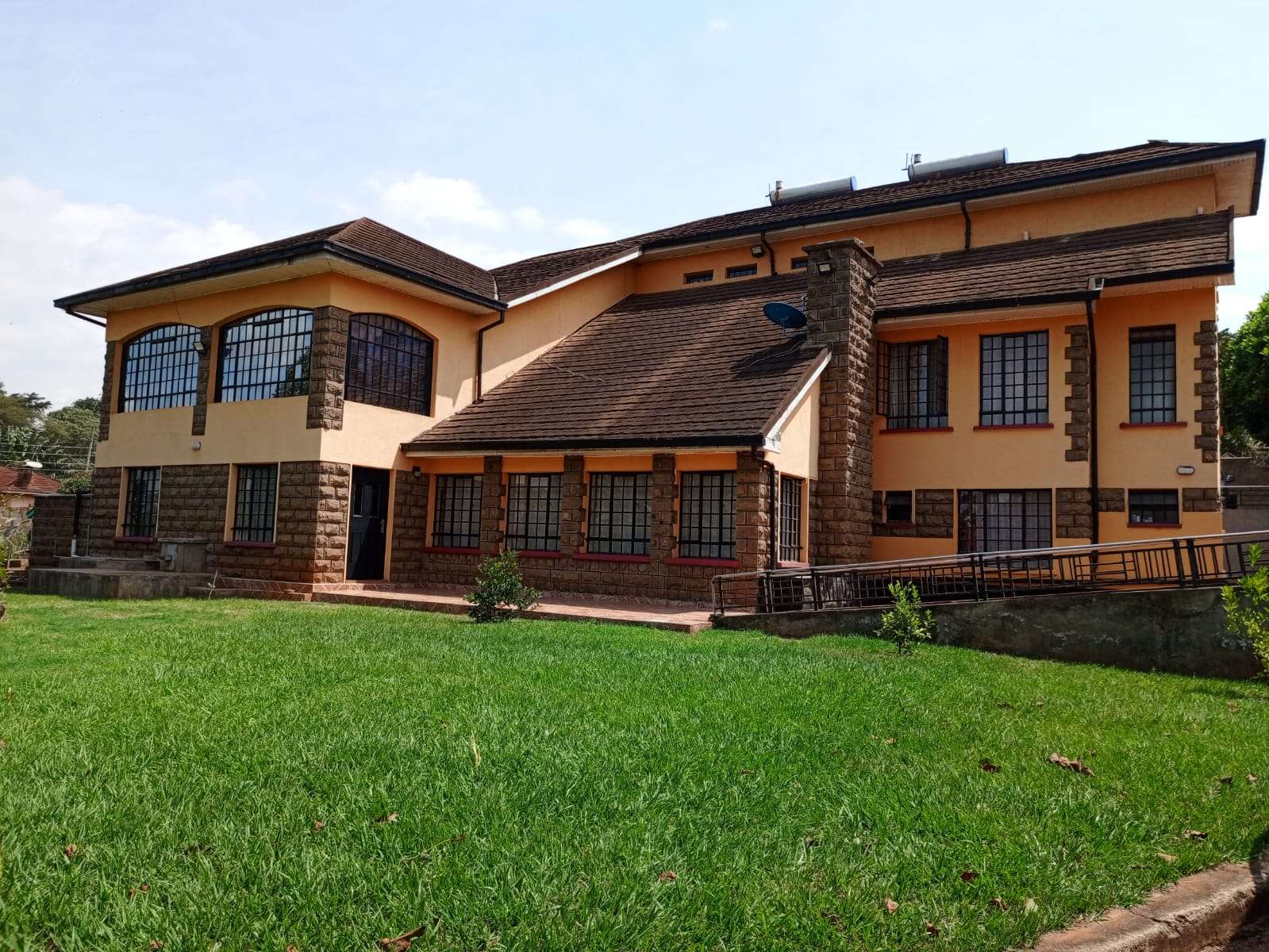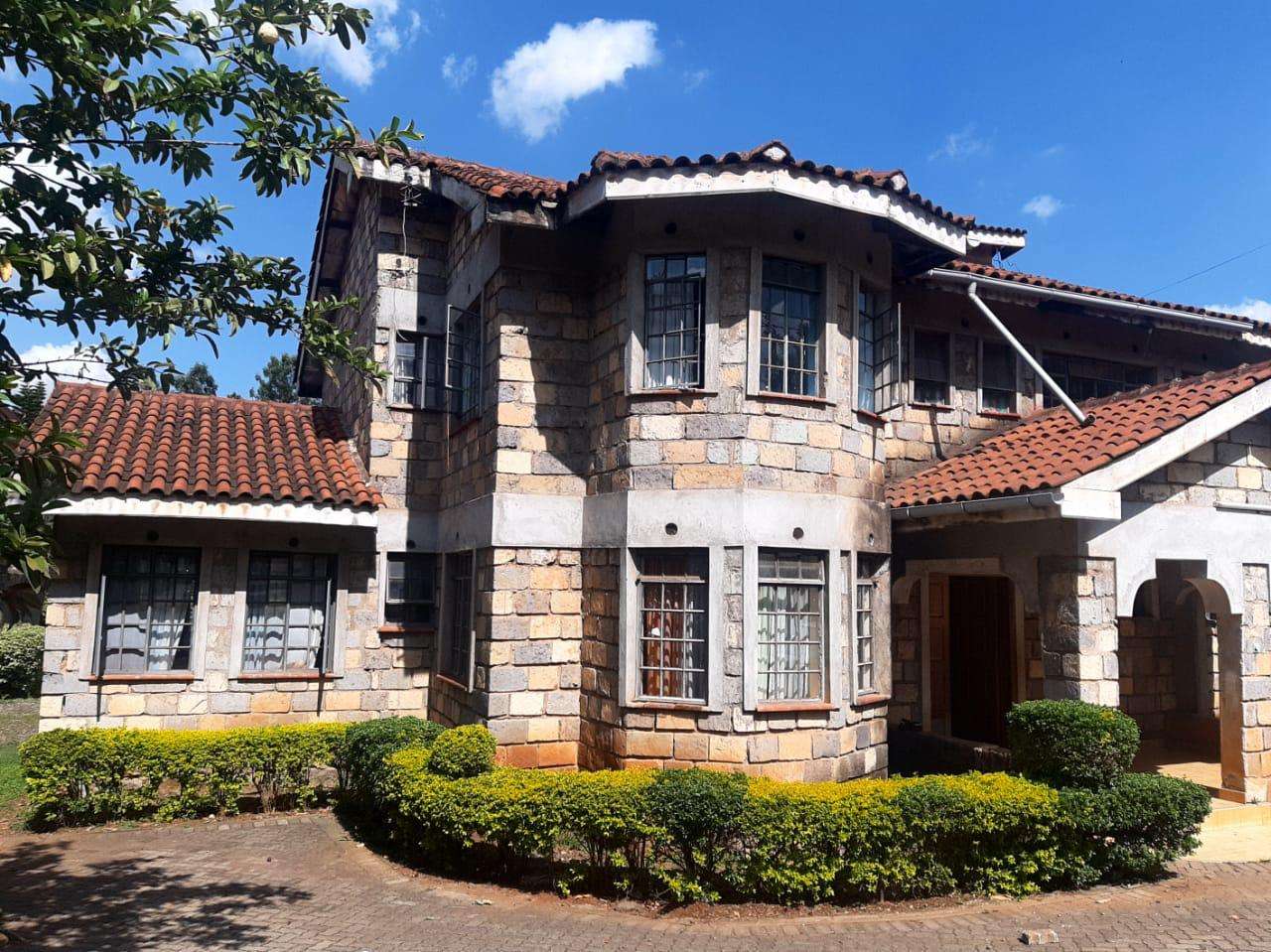- Find out the land user of the property.
The First step is to find out whether the land you propose to buy aligns with your plans. In Kenya, the land is zoned for different purposes and uses. We have interalia agricultural, residential and commercial use properties. - Due Diligence of the Property.
➢ Official Land Search of the property.
The first step in due diligence after confirming the land user of the property is to undertake an official search of the property in the land registry where the property is registered. The search will confirm the registered owner of the land and whether there are any encumbrances registered against the property.
➢ Historical Search- A historical search may be carried on the property by applying for the green card history of the property that will show how the property has changed hands since the green card of the property was opened.
➢ Where the property is ratable, the County registry will advise on the current rates on the property.
➢ Survey Maps – A survey map is available on request and on payment of the relevant fee at the Kenya Institute of Survey and Mapping. The registry index map shows the geographical area of a property and the sub divisions that have been undertaken on the land.
➢ The Next step is to retain a Surveyor to point out the beacons of the property on the land.
➢ A visit to the property. It is important to visit the property to establish the topography of the area which includes and not limited to the type of soil where the property is situated. - Offer Letter After the due diligence on the property, you will need to make an offer to the seller. The offer should be in writing and should include the price that you are willing to pay and the terms of the sale.
- Sale agreement
Once you have agreed on the terms of the sale, the parties will proceed to have sale agreement drafted and executed by the parties. The sale agreement should be drawn by a qualified Advocate. The sale agreement is the contract by the parties setting out the terms and conditions of the property. - Consent to Transfer
Where the property is freehold, the Parties will complete the land board consent application form in triplicate and lodge it with the local Land Control Board together with the supporting documents who will then issue the land consent to transfer. - Completion documents
With the assistance of an Advocate, the Seller of the property will put together the completion documents relevant to the transfer of the property which includes and not limited to the Original Title of the property, consents necessary to transfer the property, copies of the National Identity card and or a valid passport, Pin certificate and a duly completed and executed transfer of the property in favour of the transferee. - Completion documents
The Buyer with the Assistance of an Advocate will then lodge the Title Documents for registration which process includes, valuation, paying of stamp duty and then registration of the Transfer in favour of the transferee. The stamp duty will depend on the value of the property and the rates will be 2% for the rural property and 4 % for all the urban properties. The Transferee will then be issued with a title deed in their name and or a Certificate of Title/ Lease endorsed in their favour depending on the nature of the title to the property

